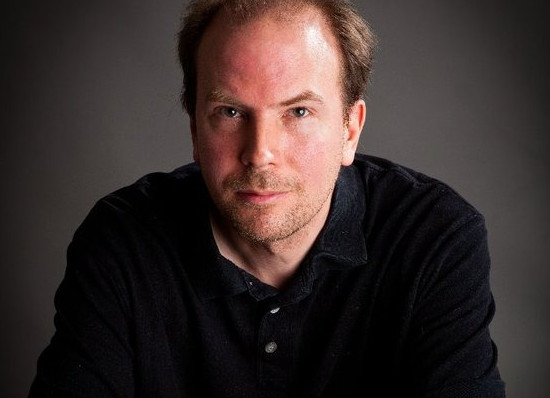< Back to news


January 9
Job opening: Amsterdam UMC seeks PhD candidate for AI model in palliative care for heart failure
Amsterdam UMC is looking for a PhD candidate to contribute to groundbreaking research at the intersection of cardiology, AI, and palliative care. This project focuses on developing an AI model to predict timely palliative care for heart failure and reduce hospital admissions.
Heart failure is one of the most common causes of death in the Netherlands, with significant impact on patients and their families. This research project aims to develop an artificial intelligence (AI) model that uses data from electronic health records to accurately predict the final 12 months of life for heart failure patients. The goal is to better align care with patient needs and reduce unnecessary hospital admissions.
As a PhD candidate, you will play a central role in developing and validating the AI model, collaborating with healthcare professionals and patient organizations to ensure practical application of the results.
Vergelijkbaar >
Similar news items

September 4
UvA launches proprietary AI chat environment for responsible use in education
On 1 September, the University of Amsterdam (UvA) will launch its own GenAI environment: UvA AI Chat. Students and lecturers can use the tool to safely and responsibly explore AI in education.
read more >

August 22
AI outwrites bestselling fantasy authors in short story challenge
A writing contest between humans and machines ended with a surprise: the top-rated story was written by AI, much to the dismay of fantasy author Mark Lawrence.
read more >

August 22
AI assistance may reduce doctors’ diagnostic sharpness
Doctors who rely on AI may become less accurate at spotting early signs of illness. New research highlights the risk of “deskilling” in medical AI use.
read more >